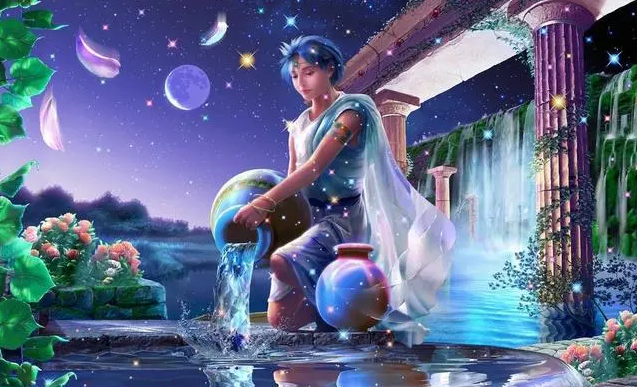Astrological History and Culture

Constellations were often used in ancient cultures to explain celestial signs and destinies, so it also has a deep historical and cultural background. For example, the ancient Greeks believed that Scorpio represented death and rebirth, and these historical and cultural backgrounds are often referred to.The knowledge of the constellations in ancient cultures dates back thousands of years to Babylon and Egypt, civilisations that created an astrological system connected to nature and mystical forces by observing the stars and planets in the sky. In ancient Greek culture, the famous astronomer Ptolemy proposed a star chart containing 48 constellations and gave each constellation a name, which are still largely used today.
In many ancient cultures, the constellations were often used to interpret celestial signs and destinies; the Babylonians, for example, believed that the constellations could foretell the fate of nations, and the Egyptians used them to guide agriculture and architecture. In ancient Greek culture, the constellations were closely associated with mythology and religion, for example, Scorpio was said to represent death and rebirth, Virgo represented wisdom and purity, and so on.
Today, horoscopes still play an important role in cultures around the world, with many people using them to explore their personalities, emotions and destinies, while there are also many scientists and astronomers working on the true meaning and science of horoscopes and celestial signs.
Apart from ancient Greek culture, the constellations have had different interpretations and symbolic meanings in many cultures. In Chinese culture, for example, the constellations are known as the ‘twenty-eight constellations’, a system of twenty-eight fixed stars that are used to assist in the development of the lunar calendar. In Indian culture, the constellations are known as ‘nakshatras’, a system of twenty-seven stars that are used to guide astrology and fate prediction.
In modern culture, the perception and use of horoscopes has also undergone many changes. Some people still believe strongly in the ability of horoscopes to influence one’s personality and destiny, and therefore seek guidance and predictions from them. Others see horoscopes as an entertainment and cultural phenomenon, such as toys, clothes, accessories, films and TV shows, to name but a few, featuring horoscopes. In addition, horoscopes are also widely used in social media and online culture. For example, many people will share their horoscopes, horoscope matches and horoscope jokes on social media as a way of expressing their personality and fun.
In addition to their use in personal life and entertainment, horoscopes also play an important role in a number of fields. In the field of psychology, for example, horoscopes are often used as a personality analysis and testing tool to understand an individual’s personality traits and tendencies by analysing the sign of the zodiac at the time of their birth.
Horoscopes are also a very popular subject in the business and marketing world. Many companies and brands develop different products and marketing strategies based on the characteristics of different zodiac signs as a way to appeal to a wider audience. For example, some companies may launch different perfumes, cosmetics and clothing to cater to the individual needs and preferences of different zodiac signs.
In conclusion, astrology has played an important role in history and culture as a way for humans to recognise and explore the natural world and mystical forces, as well as a symbol and expression of human personality, emotions and destiny. Although the application and meaning of the horoscope has changed a lot in modern times, it is still a popular and interesting subject, and many people use it to learn about themselves and others, as well as to find their inspiration and pleasure in the world of horoscopes.



